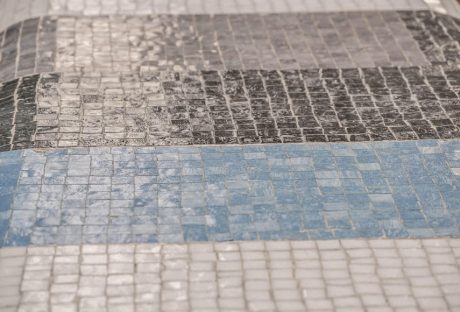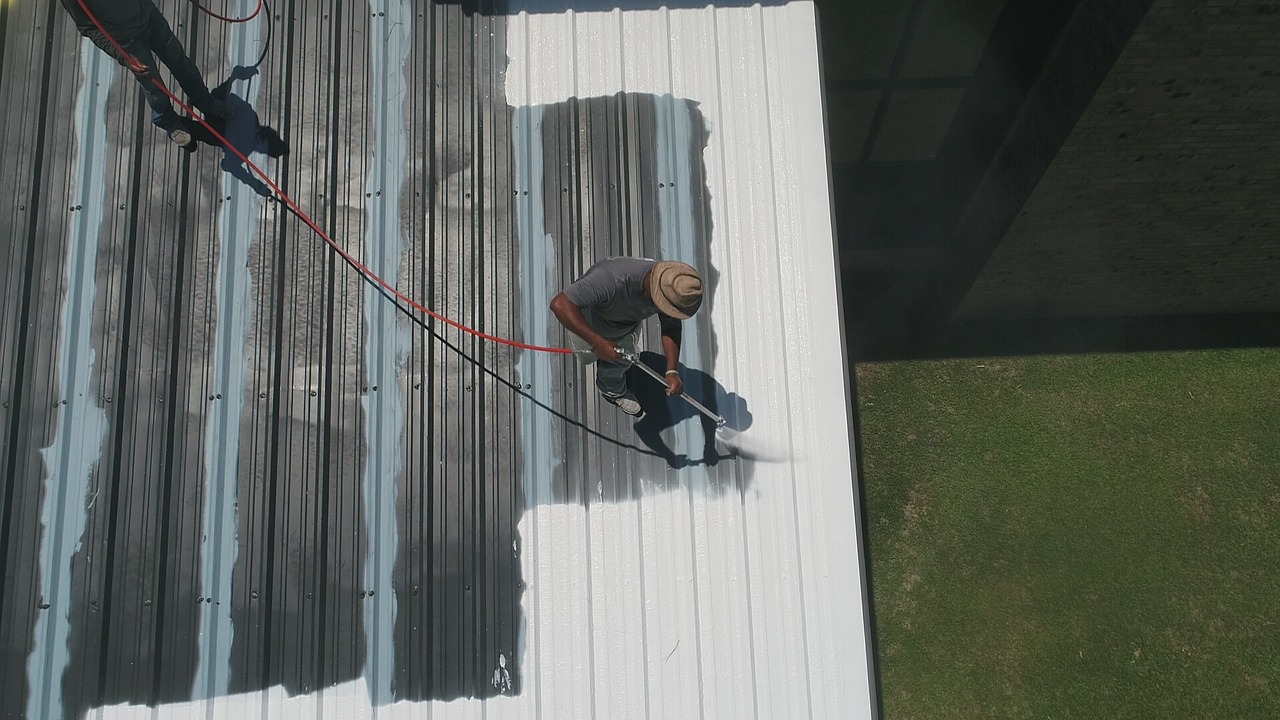It’s easy for accidents to happen around the home.
Even some of the most common household accidents in the home can lead to serious injuries or even death.
Part of the reason may be because one’s home is the place where they feel the safest, so one might not be on guard.
The good news is there are several ways to prevent these accidents from occurring.
4 Ways To Prevent The Most Typical Household Accidents
Most residential people think these accidents are very common. Yes, these are not like road accidents or earthquakes.
But these small accidents can harm your whole body, which is no less than any road accident.
Here are the easy ways to prevent the most typical types of common household accidents.
1. Preventing Falls
Kids and older people can easily trip and fall, although these occurrences are not limited to just older people. No matter your age, tripping, and falling can lead to broken bones or concussions.
It’s important to ensure you are cautious around the house. Make sure you don’t have clutter on the floors and place non-slip mats on hard surfaces.
Stair falls are the most common household accidents. That can be particularly pretty dangerous, especially for older people. Consider ways of mitigating issues, such as adding brighter lights to dark areas.
As you get older, you may even consider putting a home lift in. That way, you won’t have to worry about the stairs as you get older. Installing one of the superior domestic lifts available today can increase your home’s value while keeping everyone safe.
Consider Going Through: Senior Staircase Safety: What You Need to Know
2. Preventing Cuts
Cuts are a common type of injury, especially in the kitchen. While you may feel sharp knives can be more likely to cut you, it’s actually better to use a sharp knife instead of a dull one since it is less likely to slip. Ensure you use a non-slip cutting mat. So it does not slide around while in use.
Any types of cuts are common household accidents. But when you are having different types of utensils and sharp things in your house, you have to be pretty careful.
Cuts can happen anytime when you are handling any type of sharp object. For example, cuts are most common during the chopping of vegetables. So how can you prevent these?
Keep utilizing the covering after using the sharp things. And always keep handy, fast aid kits for eliminating the excessive blood-flowing chances after cuts.
3. Avoiding Poisoning
You need to prioritize keeping your home clean; however, kids are even more likely to be poisoned since they might be curious about cleaning products, medicines, and other toxic substances and want to try them out.
Still, you could also be at risk through other avenues. Carbon monoxide is hard to detect, but it can lead to poisoning.
The most common fatal household poisoning accidents are lead poisoning and typical plant insecticides or nonhuman medicines. You must maintain a safety protocol.
Make sure that all household cleaners and medications are out of reach and in locked cabinets. These should be childproof locks to keep the kids out of the supplies.
Make sure you have a working carbon monoxide tester in each part of the home. Test the batteries often. You may consider using nontoxic cleaning products on a regular basis to reduce further the risk of your kids getting into them.
Things like baking soda and vinegar can be effective at getting your surfaces clean, and they are not toxic to your kids.
Consider Going Through: Top 7 Home Security Mistakes That Homeowners Need To Avoid Making
4. Preventing Burns At Home
Of course, the kitchen is an obvious location when you think about burns, but that’s not the only spot you need to be careful in.
Your water heater should be set to a low enough temperature that you are not scalded while washing dishes or taking a shower. And when it comes to fire safety, make sure you never leave your stove on while unattended.
Ensure there are fire extinguishers in an easy-to-access area. It is also critical to ensure smoke detectors are in working condition.
It’s often wise to replace batteries twice a year, even if they still seem to be working. Burning and blistering are common household accidents.
How to prevent it?
For more burn cases, you have to take help from the hospitals. But you can treat small blisters and boil at home.
Conclusion:
All of these four are common household accidents. You can easily overcome the chances of these accidents. But the easy solutions are to keep it handy in a small first aid box. Small cuts and brushes can happen at any time. Your first aid box will help you to minimize the blood flow. But for Severe cases, you have to take help from professional doctors and hospitals.
Read Also:


























